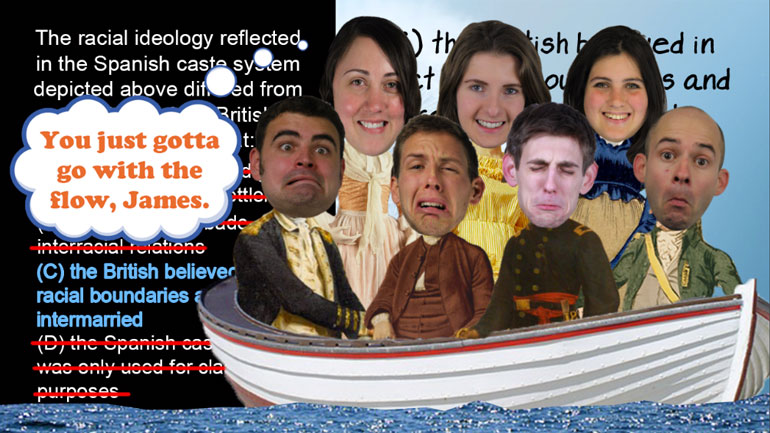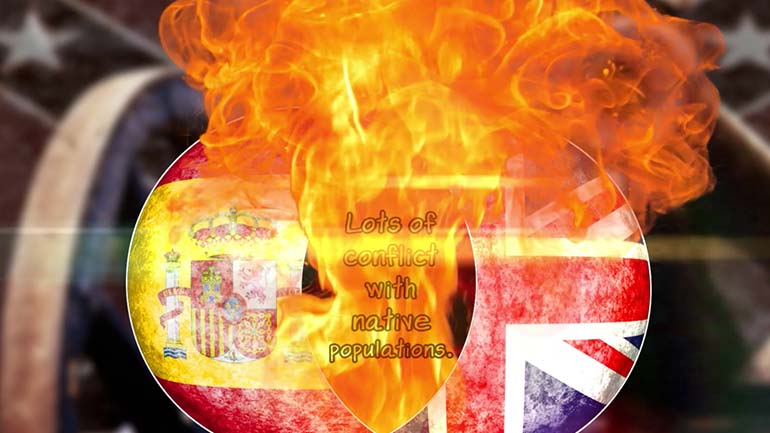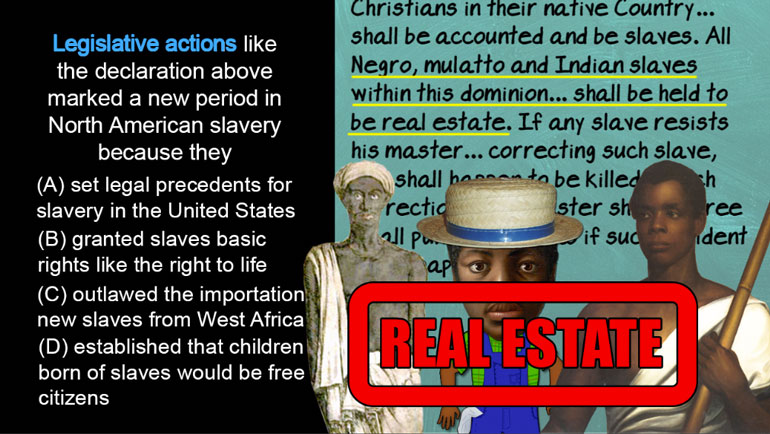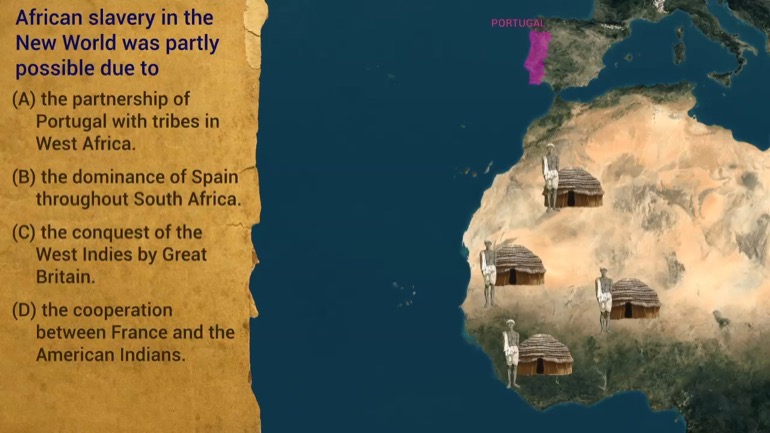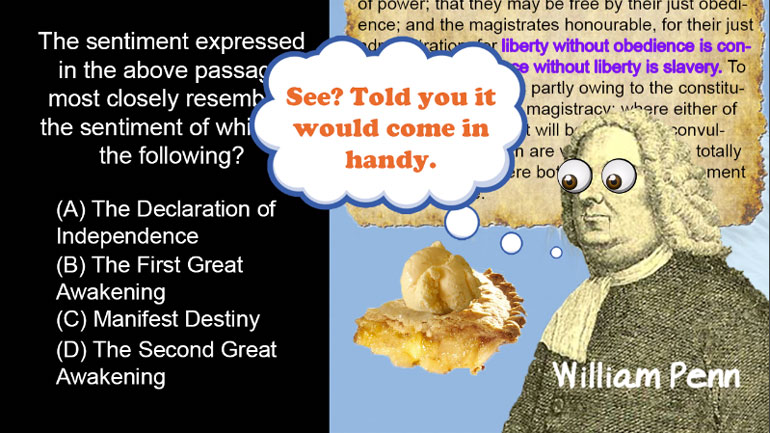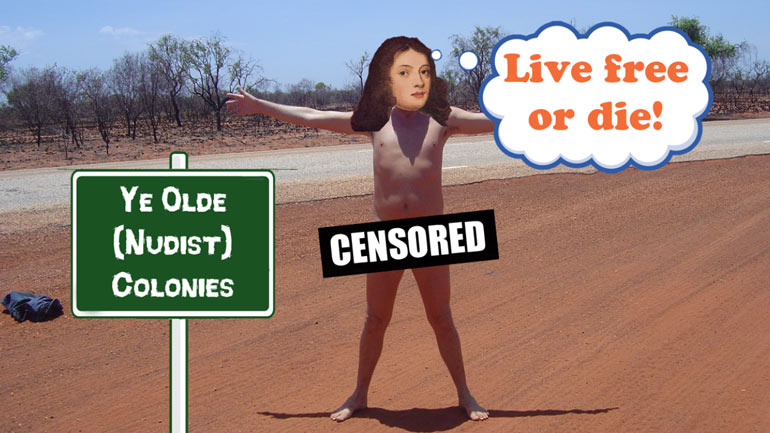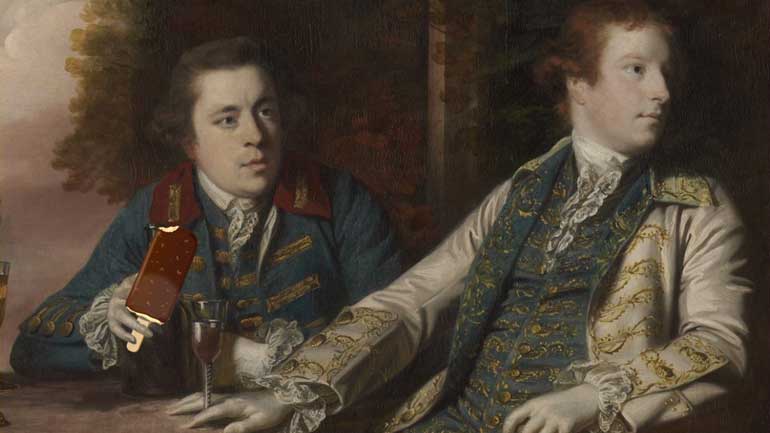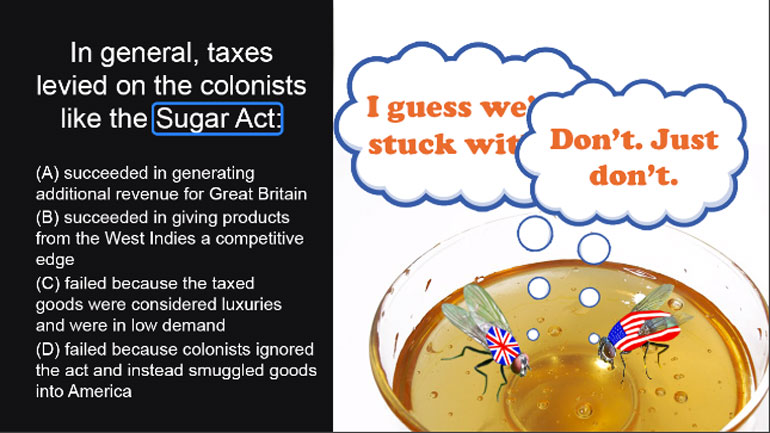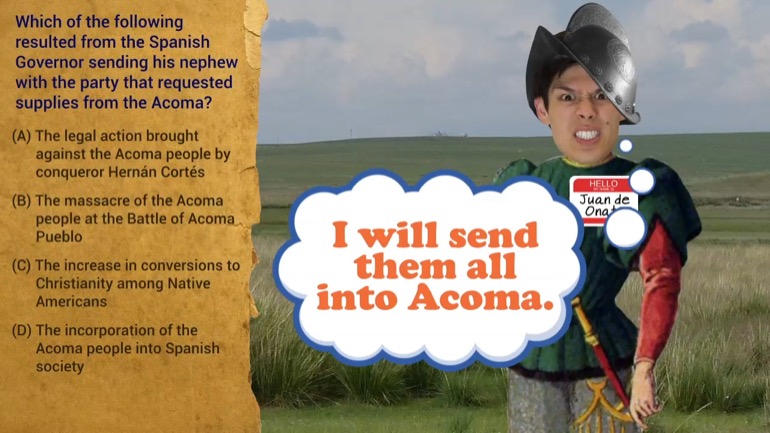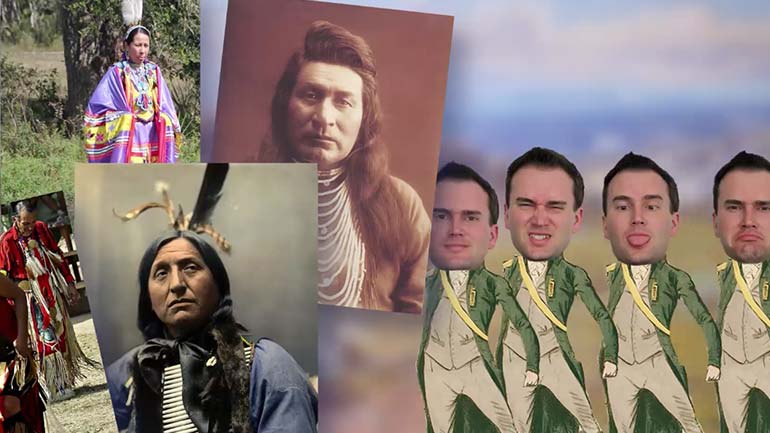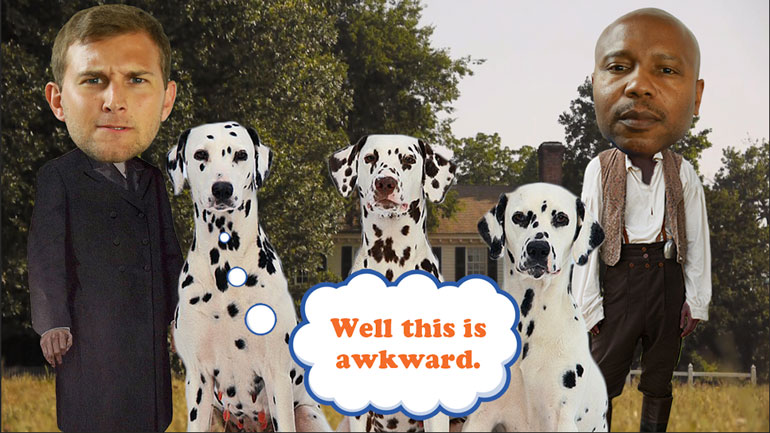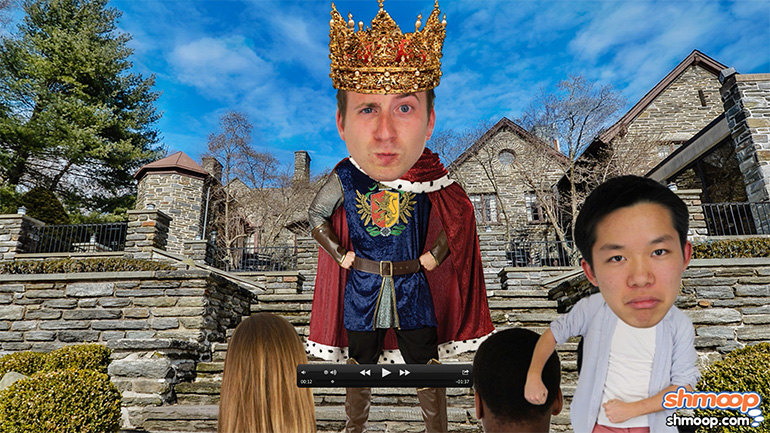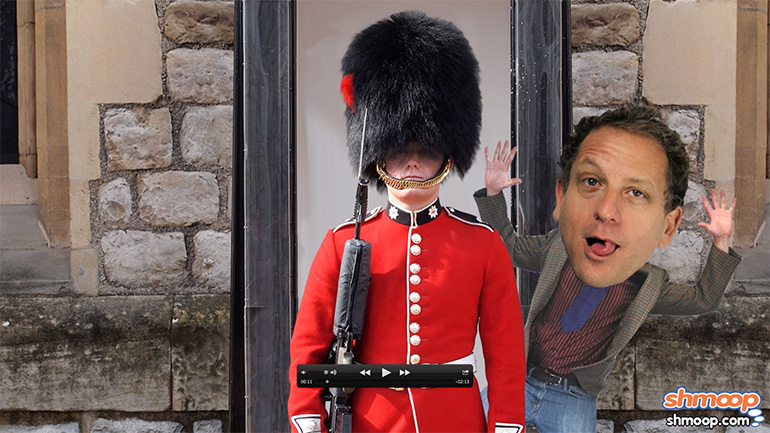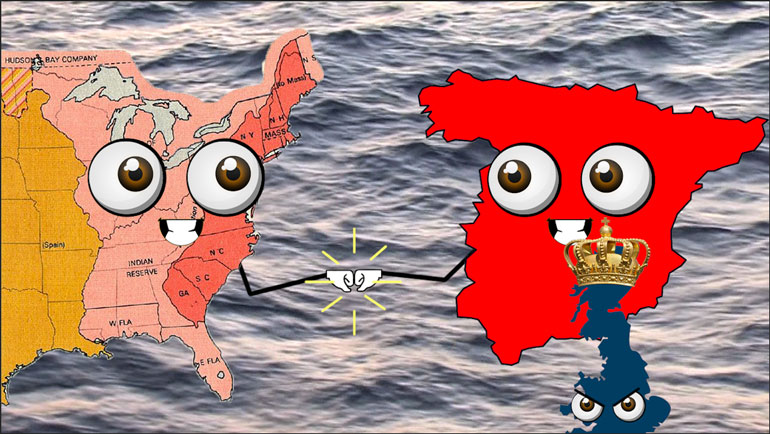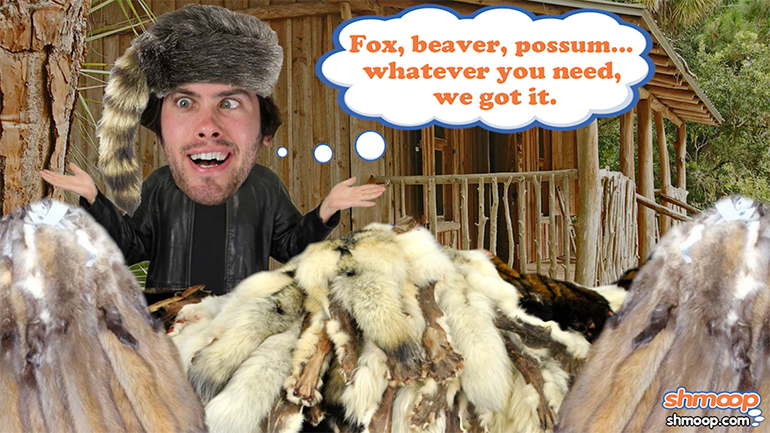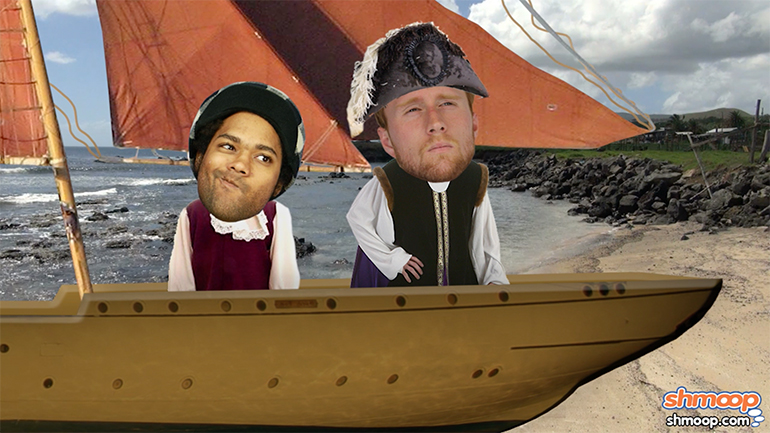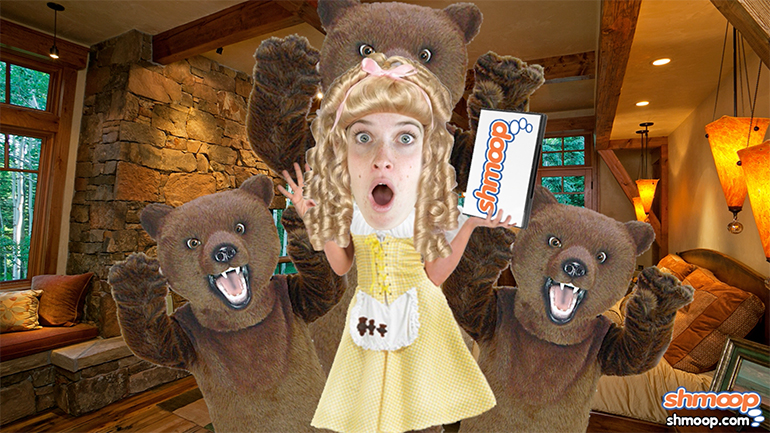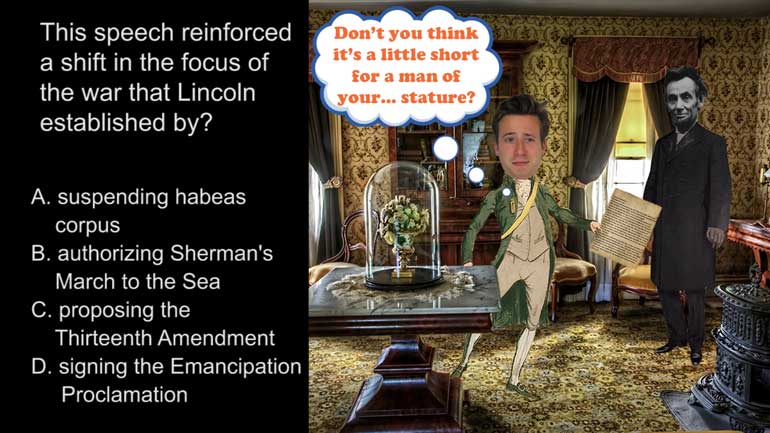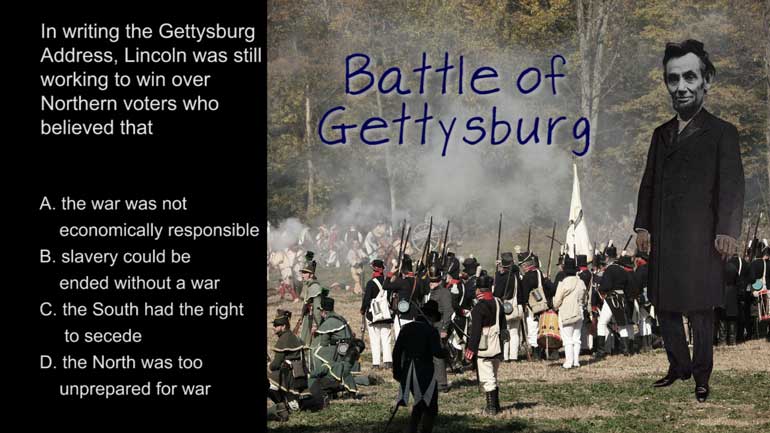ShmoopTube
Where Monty Python meets your 10th grade teacher.
Search Thousands of Shmoop Videos
Period 2: 1607–1754 Videos 18 videos
AP U.S. History 1.1 Period 2: 1607–1754. The racial ideology reflected in the Spanish caste system depicted above differed from the views of the...
AP U.S. History 1.2 Period 2: 1607–1754. Conflicts between Spanish colonizers and native populations, compared to conflicts between British colon...
U.S. AP U.S. History 1.3 Period 2: 1690-1754. Legislative actions like the declaration above marked a new period in North American slavery becau...
AP U.S. History 3.4 Period 2: 1607-1754 23 Views
Share It!
Description:
AP U.S. History 3.4 Period 2: 1607-1754. The description in the excerpt most directly reflects what?
Transcript
- 00:00
Thank you then here's your shmoop du jour brought to
- 00:05
you by goldie locks who told us that this video
- 00:08
wasn't too long or too short but just write figure
- 00:11
the excerpt the description in the extra most directly reflects
- 00:16
what and hear potential answers mixed her long d is
Full Transcript
- 00:21
looking kind of antsy there so we're going to start
- 00:23
with him okay We're talking about the west not just
- 00:26
any old west but the old west Think about those
- 00:29
classic western movies cowboy sheriff saloons and swinging doors quick
- 00:33
draw tools and tiny tiny jail cells and more tumbleweed
- 00:37
than you could poke a stick at not the images
- 00:39
usually associated with a thriving export economy because actually that
- 00:43
thriving export economy could be found in the middle colonies
- 00:47
meaning weaken say so long cowboy option d this is
- 00:50
where goldilocks makes her official appearance when we start looking
- 00:52
at the remainder of the answers All right let's check
- 00:54
out beat the british isles had an amazing sugar high
- 00:58
for a decent chunk of history producing masses of the
- 01:00
stuff for export and tooth decay The seasons were indeed
- 01:03
long and lucrative as sugar was a seriously fancy product
- 01:07
At the time and had a price tag to match
- 01:09
there was little production of tobacco because well in goldie
- 01:12
locks terms the climate of the british isles was just
- 01:15
too hot and much better suited to sugar production So
- 01:18
given the sugar content perhaps they might work better for
- 01:21
dessert For now let's put a lid on him and
- 01:23
cross be off our list Now if we think about
- 01:25
the narrative of goldilocks and the three bears we can
- 01:28
probably guess that the problem was with new england that's
- 01:31
right The climate was just too cold for tobacco In
- 01:34
any case let's cross off a which brings us to
- 01:36
see well any extra John smith talks in particular about
- 01:40
the growing and selling of tobacco much like with corn
- 01:43
The cultivation of tobacco was labour intensive The chesapeake colonies
- 01:47
one of the so called middle colonies were just right
- 01:50
for the job and soc is the right answer on 00:01:53.699 --> [endTime] Well we've totally put this question to bed
Related Videos
AP U.S. History Exam 2.45. The journey shown on the map was an example of...what?
AP U.S. History Exam 2.26. This speech reinforced a shift in the focus of the war that Lincoln established by...what?
What did the Spanish messengers bring with them to North America? Hint: you probably wouldn't be thrilled to get this for your next birthday.
AP U.S. History Diagnostic 24. How did the United States choose containment over the National Security Council Report in Latin America?
AP U.S. History Exam 2.25. In writing the Gettysburg Address, Lincoln was still working to win over Northern voters who believed that...what?
